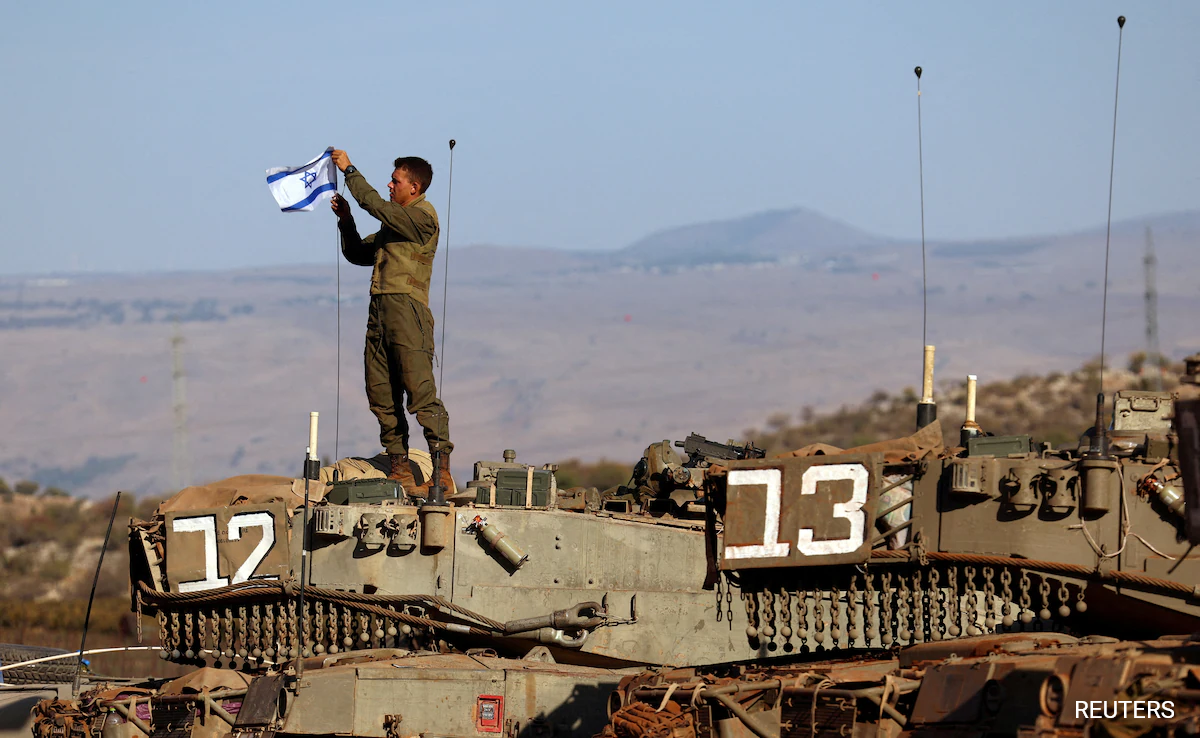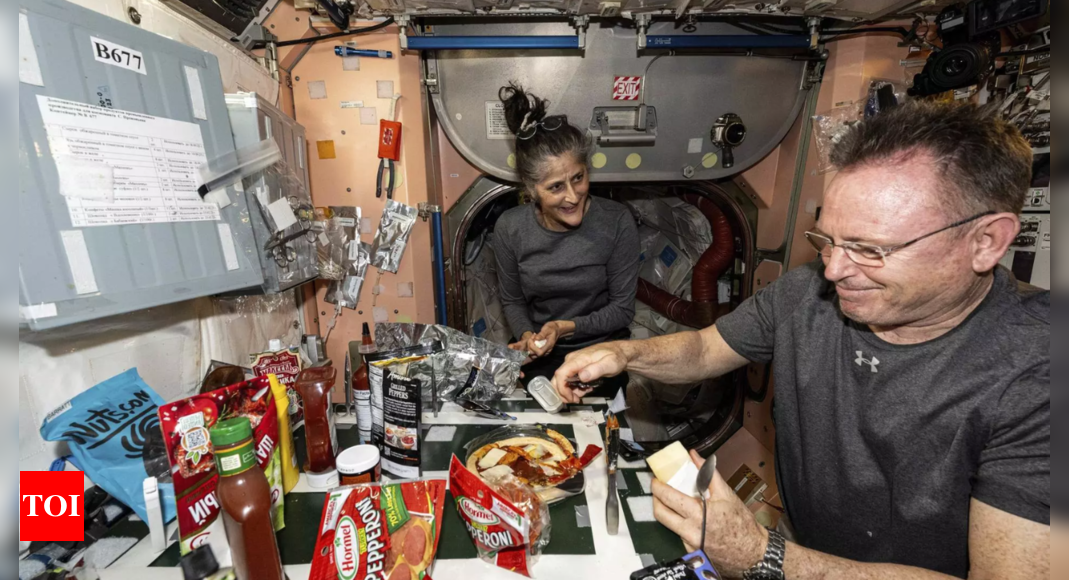
As Israel’s war in Gaza rages, a growing number of parents in Israel are demanding sperm from the bodies of their sons, who were killed during the ongoing conflict, to be extracted and frozen, a BBC report said.
Since Hamas’ all-out offense on October 7 and Israel’s brutal retaliation, over 400 Israelis have been killed.
Of these, sperm has been retrieved from as many as 170 men – both civilians and soldiers – according to the Israeli health ministry. This marks a 15 times rise as compared to previous years.
The process involves making an small incision in the testicle to take a piece of tissue from which live sperm cells can be extracted and frozen. The chances of successful retrieval are high within 24 hours after death but the sperm cell can live for up to 72 hours in the body of the deceased.
To ease the process of grieving families, some rules for the procedure have been relaxed but families are still frustrated about the lengthy legal processes they face.
In October, the Israeli health ministry removed a mandatory court order request for parents to use the procedure to extract sperm. While it has become easier to freeze the sperm, widows or parents who want to use it in the conception of a child have to prove in court that the dead man wanted to have children.
Parents say the whole process can take years, the long wait adding to their grief.
The first Israeli couple to preserve and use their dead son’s sperm did so in 2002 after their son, a soldier, was shot dead by a Palestinian sniper in the Gaza Strip. Their granddaughter is now 10 years old.
While experts believe the process has “great meaning” to bereaved families, they also say that “the current rules have created a conflict in the case of single men” as their desire to have a child has to be proven to court for the procedure to be carried out.
As single men often have no clear record of consent, their families, who arealready coping with grief in “a very difficult situation”, can only freeze the sperm but can’t use it for fertilisation.
Currently, Israeli lawmakers are attempting to draft a bill to create clearer, more comprehensive rules for the process seeing the high number of deaths in the ongoing war in Gaza.









